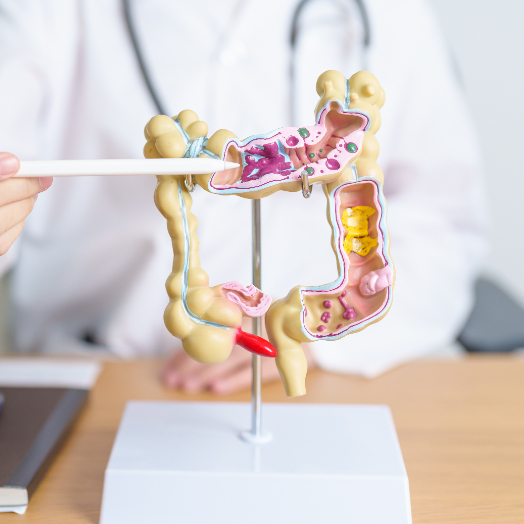The symptoms of rectal cancer may include changes in bowel habits such as diarrhea or constipation, blood in the stool, abdominal pain, cramping, and bloating. However, in some cases, rectal cancer may not cause any symptoms.
The exact cause of rectal cancer is not fully understood, but risk factors may include a family history of colorectal cancer, a history of inflammatory bowel disease, a diet high in processed meats and low in fiber, and sedentary lifestyle.
Treatment for rectal cancer typically involves surgery to remove the affected portion of the rectum, followed by chemotherapy and/or radiation therapy to kill any remaining cancer cells. In some cases, targeted therapy may also be used. The choice of treatment depends on the stage and severity of the cancer, as well as the patient's overall health and other factors.
The prognosis for rectal cancer depends on the stage and severity of the cancer, as well as the patient's age and overall health.
